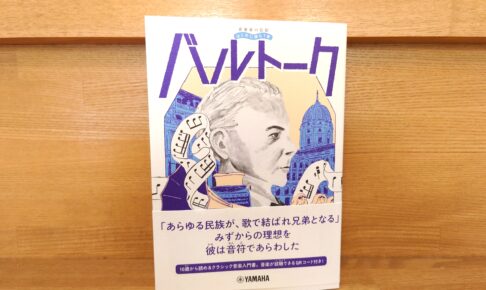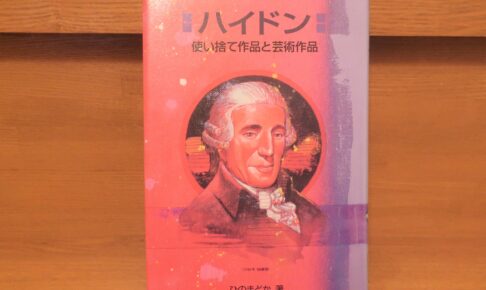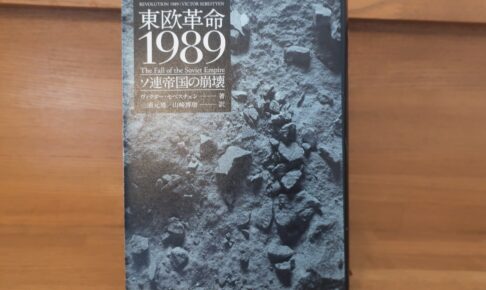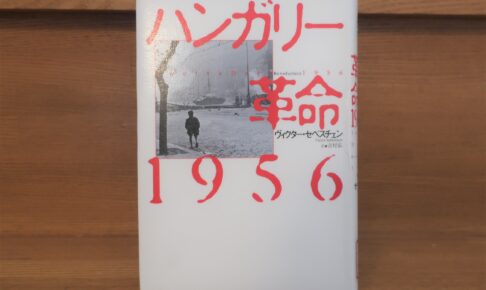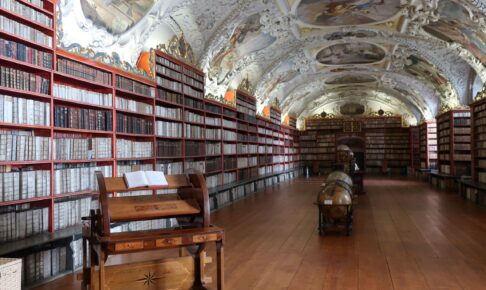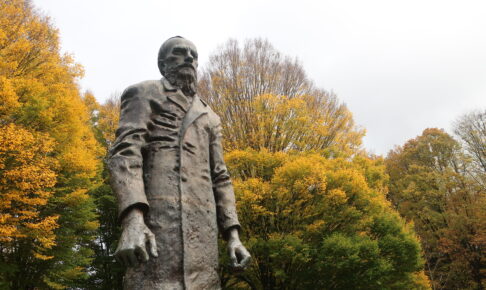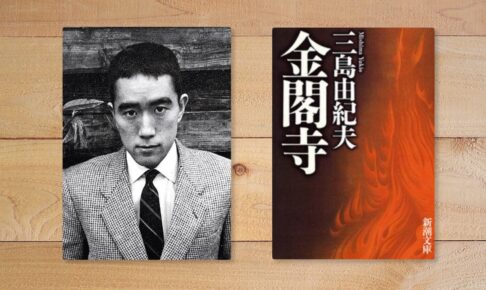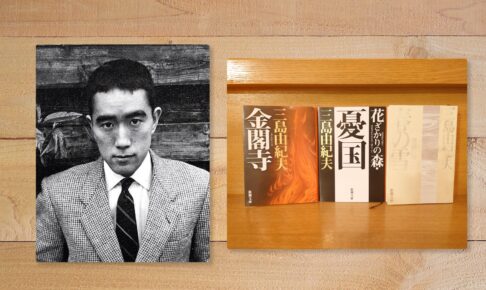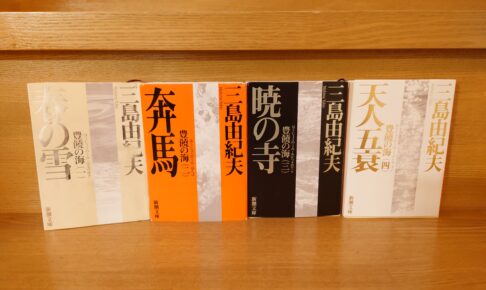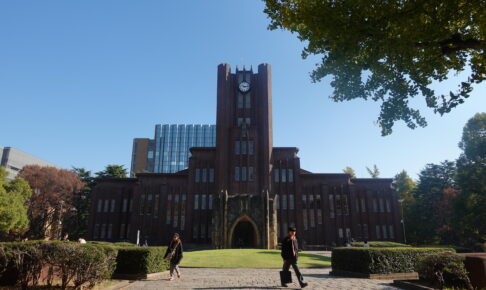Hino Madoka, "Biography of a Musician: A Book to Read at the Beginning, Bartók" - Recommended biography of Bartók, the great Hungarian composer!
As a Hungarian, Bartók continued his lifelong quest to discover what their music was and what its roots were. This biography provides an insight into Hungarian affairs from the end of the 19th century to the end of World War II. The book also tells the story of Hungary's situation at the time and its relationship with the Nazis. It is a recommended biography to know the historical background of the time.












